Provided the ship has enough provision, water and fuel, everybody loves time at Anchorage.
Right?
We all love having the opportunity for a breather from the continuous cycle of loading, unloading and everything in between.
Even the environment on the wheelhouse is bit relaxed while the ship is at anchor.
But it is not unusual that the wind speed would start to increase, or for a nearby ship to drag her anchor or even own ship start to drag anchor.
The relaxed environment might become hair-raising, unexciting and spine chilling.
So let us face it. Keeping an anchor watch is only easy until everything is fine and the anchor is holding.
But that is not true if you know the signs to looks for to determine if the anchor is dragging.
Early detection of the dragging anchor situation can save a lot of trouble.
In this post, I will discuss the indications to look for to get an early warning of the ship dragging its anchor.
Let us jump in.
Anchoring a ship
The first thing that we need to know for keeping a good anchor watch is the position of the anchor.
And there is only one way to know this position.
By noting down the position of the ship when the anchor is dropped.
In the case of anchoring in deeper waters where anchor will be lowered with gear, it is the position of the ship when the anchor touches the sea bed.
It is the duty of the officer on watch during anchoring to note down this position.
It is good practice to note down this position along with the time of “let go anchor” in the movement book.
Another thing that we need to do is press the MOB button on the GPS when the anchor is dropped.
This will automatically save the position at the time of pressing the MOB button (anchored time). Usually, this position is saved as WP 999.
Swinging circle of the ship
Once we have the anchor position, we need to know the swinging circle of the ship while the ship will be at anchor.
This is important because no matter in which direction the ship swings, it will never go out of the swinging circle if the anchor is holding.
If the ship goes out of the swinging circle, the ship’s anchor is dragging.
Compare this with a cow tethered to a post. The cow can only swing on a circle with radius equal to the length of the rope she is tied to.
She can only go out of this circle when the rope has left the post.
Now coming back to the ship, the ship’s swinging circle at anchor is approximately equal to
distance from ship’s wheelhouse to forecastle + length of the anchor chain paid
This is the approximate swinging circle as the 2nd distance is not exactly the length of the anchor chain.
But believe me, you do not want to be accurate to a couple of meters as you won’t be able to measure the movement of your ship to that accuracy.
For example, considering a ship anchored in a depth of 30 meters with 5 shackles on deck, the error in the swinging circle (with the simple formula above) will be only 3 meters.
So now let us take an example to calculate swinging circle of the ship.
Let us say the distance from bridge wing to the forecastle is 150 meters. The ship is anchored with 5 shackles on deck.
So the swinging circle, in this case, would be
Swinging circle = 150 meters + (5 x 27.5) meters
This gives us swinging circle of 287.5 meters.
Now we want this to be in nautical miles. So divide this value by 1852 (1 Nautical mile = 1852 meters).
This gives us the swinging circle of 0.155 NM.
Importance of Anchor Alarm
I often ask this question on board to the duty officers. How would you know if the anchor is dragging?
And I often hear this answer, if the bearings (and range) of the fixed object changes, this would mean that we are dragging anchor.
While there is no doubt that this is one of the ways but this is not the answer I look for.
Why?
Duty officer would usually check the bearings once every hour.
So if anchor starts to drag at 2010 Hrs LT, the duty officer would only know about the dragging anchor at 2100 hrs LT when he would check the bearings.
We all want something to nudge us just when anchor starts to drag.
An alarm is the best way to get nudged.
So when I ask the duty officer, “How would you know if the anchor is dragging?”, I expect to hear this.
I will be warned by the anchor alarm that I have set and then I will confirm with the bearing of the fixed objects if the anchor is really dragging.
How to set the anchor alarm
Having an alarm warn you if the ship goes out of the swinging circle is good. But we must know how and where to set that alarm.
The anchor alarm needs to be set in the GPS.
To set the alarm, first, we need to press “GO TO” on the GPS and then choose the waypoint 999 that we had created by pressing the MOB button at the time of dropping the anchor.
This will give us the ship’s distance (Range) from the anchored position.
If this range becomes more than the swinging circle of the ship, the ship’s anchor may be dragging as then the ship is out of the swinging circle.
But for the GPS to give us the alarm when the range to WP 999 becomes more than swinging circle, we need to
- Set the swinging circle value, and
- Turn on the anchor alarm
To do that we can go to the alarm settings on the GPS, turn on the anchor alarm and set the alarm range.
Mistakes to avoid while setting up the anchor alarm
While setting up the anchor alarm may seem simple (which surely it is), we sometimes make simple mistakes in this.
I do not want to list here the mistakes like alarm volume being too low etc. What I want to highlight is to test the alarm.
So if the actual range (to WP 999) is 0.13 NM, we should first set the alarm to less than this value (Say 0.09NM) and then see if the alarm sounds.
If it sounds, everything is alright.
We can then change the alarm range to the actual swinging circle we have calculated after anchoring.
Another mistake I often see officers making is to set the anchor watch on ECDIS without testing it.
On ECDIS the swinging circle and anchor watch can be set.
But not all the ECDIS give the audible alarm if the ship goes out of the swinging circle. Instead, these would just give a visual warning on the ECDIS.
So if we want to use the anchor watch function of the ECDIS,
- it must be used as a supplement to the GPS anchor alarm, and
- We must know if in case vessel goes out of swinging circle, the ECDIS would give the audible alarm or not
Ship position by bearings of fixed objects
By setting the anchor alarm we are making good use of available electronic aids.
But if possible, the visual bearing of two objects (or two points on the coast) is the best way to check the anchor position.
The two objects or points on the coast must not be on the same (or close to same) bearing lines. The bearings of these two objects must be separated by a significant angle.
If available, these two fixed objects must be identified just after anchoring. If possible, the master should discuss the identifiable and conspicuous fixed objects with the duty officer before handing over the command to the duty officer.
Once identified, the bearing of these two objects is taken at least once every hour. If there is no significant change in these two bearing, the ship is holding its position.
Record the bearings in the anchor log.
Use of radar for anchor watch
We have discussed so far how to use GPS and Gyro (Visual bearings) to determine if the anchor is dragging.
Apart from that, the Radar is very useful equipment for monitoring anchor positions.
For using the radar for anchor watch requires radar conspicuous fixed objects. The presence of racon in the vicinity makes it even easier.
Straight coast with no edges is not useful for radar bearing.
If the radar conspicuous objects (or coast line) is available, bearing and range from this can be measured every hour.
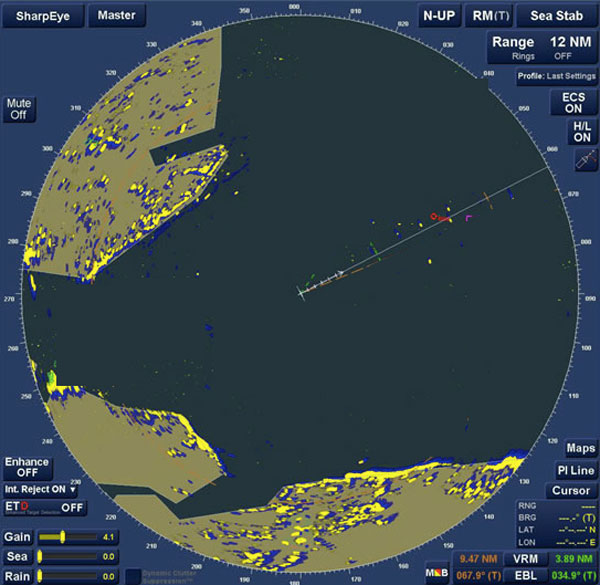 Another way that I see navigators make use of is with the EBL and VRM on the radar.
Another way that I see navigators make use of is with the EBL and VRM on the radar.
We can set the EBL and VRM on the radar and point it to the fixed object that we want to take bearing and range from.
If the EBL and VRM stay right there on the fixed object, the ship has not moved and the anchor is holding.
The good thing in this is that each time you have your eyes on the radar screen, you can easily make out in a flash if the ship is maintaining its position or not.
Ship’s speed as an indicator
Ship’s speed can be a good indicator of the dragging anchor.
A ship at anchor or when drifting will always head to the resultant of all the external forces (the wind, current etc).
When the ship’s anchor is holding, its speed over ground would be zero and speed through water will be equal to the current of the water.
But when the ship’s anchor is dragging, she would be moving with the flow of the current. In this case, ship’s will have some speed over ground but the speed through water will become close to zero.
So when the ship is dragging her anchor, she will have the negative speed over ground (GPS speed).
So when we are trying to look for an indication of dragging anchor, ship’s speed can be one of the things to keep an eye on.
But this will not hold good when the ship is swinging due to change of tide or wind direction.
When the ship is swinging, the GPS may show some speed. Faster the ship swings, more speed the GPS will show.
In this case, GPS speed may not be the indicator of dragging anchor. Just wait for the ship to steady its heading and then observe if the ship has some speed.
Flag on the anchor chain
Not all seafarers use the practice of tying up a flag on the anchor chain after anchoring.
And it is not a hard and fast rule to do that.
Let us understand the role of this flag.
There are two things we can do after anchoring.
- Rest the anchor chain on the bar, or
- Put the bar but keep it clear of the anchor chain
As per the mooring equipment guidelines, both methods have its merits and demerits and anyone of these can be used.
I prefer resting the chain on the bar.
If we choose to keep the anchor chain clear of the bar, it is good practice to tie a flag to the anchor chain.
If the flag falls down, this means the anchor chain has slipped and rested on the bar. This gives the indication that there is a lot of weight on the anchor chain.
This could be the first indication that the anchor may drag or is already dragging.
Watching the anchor chain
Watching the anchor chain in water is another way to know if the anchor is dragging.
As the ship is falling back, anchor is expected to hold the ship and stop it from falling back.
Ideally as the ship falls back, the anchor would stretch to the maximum capacity. That is, anchor will have the long stay.
Now if the anchor is holding and once it is stretched out, it will not allow the ship to fall back and will pull the ship forward.
As the ship moves ahead, the weight on the anchor will ease and finally rest at short stay.
But if the anchor is dragging, instead of pulling the ship forward the anchor would loose the sea bed and become up and down rapidly.
Ship will continue to fall back and anchor will again have the long stay.
So If the anchor is dragging, the anchor will continue to
- Go to long stay
- Rapidly come to up and down; and
- Again to to long stay
So if you suspect the anchor is dragging, send someone forward to watch the anchor chain.
If the anchor is behaving this way, you can think of that the anchor is dragging.
Conclusion
Dragging anchor is not something a watch keeper desires but it is something that may not be in control of the ship staff.
The anchor may sometimes drag.
Dragging anchor can lead to contact with other ship or grounding of the ship.
But all this can be avoided if the watch keeper is alert and knows about the indications of the dragging anchor situation.
Early identification is the key to avoid accident related to the dragging anchor situations.
Anchor dragging is totally acceptable situation provided it does not lead to an accident.
Share this:

About Capt Rajeev Jassal
Capt. Rajeev Jassal has sailed for over 24 years mainly on crude oil, product and chemical tankers. He holds MBA in shipping & Logistics degree from London. He has done extensive research on quantitatively measuring Safety culture onboard and safety climate ashore which he believes is the most important element for safer shipping.
Search Blog
262 Comments


off topic question: Where it is written that it is still allowed to enter in an unsafe atmosphere with a ba set which bottle has lose 10% of the pressure which corresponds with 1200 L( or at least) capacity of compressed air?

There are no such written rules... These rules and instructions need to be defined by the company in their SMS.

1

Sir pls explain about dragging circle.

1

Sir pls can u help me to understand better about type of bed for good anchoring ground. As i have read the article Sir you have suggested anchoring in sand area is having more anchoring holding power. But how anchor can hold Sir , if the sea bed is sand and anchor may not hold the sea bed and anchor wil be dragging and shifting its anchor position. Because i heard people saying sand area we should not anchor . pls clarify me sir .

Easier the anchor can embed into a surface, easier it will leave the surface. If the anchor is somehow held into the rocky seabed, it will hold the ship strongly but only thing is that it is not easy to for the anchor to fit into the rocky seabed. Moreover, the anchor can get damaged. Mud is easier seabed for the anchor to go in but the anchor will also leave the surface easily. So Mud becomes relatively lesser holding ground. Sand lies in between rock and Mud so is better holding ground. It is no as hard as rock so anchor can easily go in and it is not as soft as Mud so the anchor does not leave the sand seabed so easily. For more information read this. <a href="https://www.myseatime.com/blog/detail/the-ultimate-actionable-guide-of-anchoring-a-ship" rel="noopener" target="_blank" rel="nofollow">The Ultimate Actionable Guide of Anchoring a Ship.</a>

1

Very well said Sir rajev!

Thanks, Eric...

1

All your ideas are wonderful....thanks

Glad you liked it, Abu...

1

Thank you sir

Thanks for reading Mark...

1

Thank you very much,Sir! Your explanation is crystal clear as always. And some very important tips as well.

Glad you liked it Avinash...

1

This article is professional and can't easily be forgotten. thanks to you Sir.

Thanks Ephraim...

1

Dear capt., this question about anchoring is haunting me: should the chain touch the chain stopper? Once a very senior capt. told me the chain should touch the chain stopper, but all other masters told me there should be a gap. I read the OCIMF "anchoring systems and procedures" Page30-41 and from my understanding, the chain should touch the chain stopper. can you shed some light on this question???

1

Thank you kind sir

I always refer your blog and upgrade my knowledge.Thank you for sharing your knowledge with us captaan Saab.Keep moving.

Sir good day. How are you. Sir it is necessary to get gyro error in anchorage? Please reply. Thanks. Advance Merry Christmas to you and your family. Rgrds. Cesar

Thank u very much sir.i have many more questions .can u give some descriptiin about ships log books and record books using on board.thank u again

Sir i have a doubt regarding the anchor let go position , on the basis of which all the calculation regarding the swinging circle is calculated . Firstly the anchor let go position that we noted down in the movement book is not the anchor position , actually it is the position of the GPS reciever . Could you pls advice regarding this calculation

Great sir the subjects you are covering are wonderful and easy to understand and very knowledgeable.

very useful information, Thanks more information visit http://www.eximknowledge.com/

Good article sir , but I have one question the center of circle should on the forward not on the GPS position ? Plz clear my doubt

Sir please explain how to check with hand lead line that anchor is dragging??

SIr you are doing great job . It really helps me alot .. Sir can you brief about types of deck seal on board

Awesome, Thank you so much for sharing such an awesome blog... boat safety alert services boat recall alerts

thanks sir for wonderful information. can u plz write about the actions taken for stopping dragging.

Superb excellent explanation

Excellent information provided by you, Thank you so much............ recall services for boats safety alerts on boats boat recall alerts

Very well explained. Thank you sir

Sir why we do not pass ahead of anchor vessel?? Inspite of propellor may stuck on chain

Sir, why do we use the distance from bridge to forecastle instead of the L.O.A. for computing the swinging circle?

Thank you for such wonderful ideas. Your article is really helpful.

Sir can you please tell us how to determine ships anchor holding strength( anchor holding power) is their any calculation for that ?

captain thanks for sharing your knowledge. it is very helpful for me, but i am confused about the usage of ship's speed to understand whether anchor is dragging or not, I have read your post about "SOG and STW" and as i remember STW isn't affected by current, so in this case when ship at anchor and is stopped and her SOG=0 and there is current and it moves the ship and makes dragging the anchor, how the STW is affected by current? can you explain in detail please?

Amazing article sir

Sir please confirm regarding COW ? I have question when ship head way pp moves ahead ,wind from beam the COW remains where it is ? so cow will not change as pp will change?

Thank You for the information. God bless.

Many thanks for the great article, very informative and so easy to read. I always find great information on this website.

Thanks sir for explaining so nicely. Thanks alot. Keep up the good work.

Sir I have a question why anchor dradging in low water

Why do we monitor heading at anchor?

Very practical and useful. Thanks Capt.

My ex-husband and I had always managed to stay friendly after our divorce in February 2017. But I always wanted to get back together with him, All it took was a visit to this spell casters website last December, because my dream was to start a new year with my husband, and live happily with him.. This spell caster requested a specific love spell for me and my husband, and I accepted it. And this powerful spell caster began to work his magic. And 48 hours after this spell caster worked for me, my husband called me back for us to be together again, and he was remorseful for all his wrong deeds. My spell is working because guess what: My “husband” is back and we are making preparations on how to go to court and withdraw our divorce papers ASAP. This is nothing short of a miracle. Thank you Dr Emu for your powerful spells. Words are not enough. Email emutemple@gmail.com Phone/WhatsApp +2347012841542.

MY LOVER IS BACK... My name is Ronald Monica from USA. I am really pleased with this service. I am one of those people who said, I’ll never call a psychic or a magician or whatever” to help me with my problems – least of all my love problems, but I reached the point where I knew I needed some guidance, and I’m so glad I found this man called Dr balbosa, I never in a million years would have thought I’d be writing a letter like this, but when I nearly lost Andrew, my love in one of our stupid fights (he broke up with me), I thought I had lost everything. i cry all day and think that he will never come back to me again. I read a testimony by a man called Tyce Logan about him saying how Dr balbosa helped him to get back is ex wife within 48 hours .I quickly email Dr balbosa and explained everything to him And when I was at my most desperate situation he didn’t take advantage of me. Dr Balbosa is the best and genuine spell caster. He performed a very good service for a person in true need. I don’t know how you did it, or how this magic works, but all I know is, IT WORKS!! Andrew, my husband and I are happily back together, and I’ll always be grateful to Dr balbosa... don't fail to contact him for any kind of help, Dr balbosa is very capable and reliable...From Monica WHATSAPP AND CALL: +1(780) 628-5506 EMAIL: balbosasolutionhome@gmail.com WEBSITE: https://balbosasolutionhome.com

I want to genuinely thank Dr Ayoola for making my dream come through. I was on the internet when I saw people posting and talking about Dr Ayoola. On How he has help them in winning lottery. My name is Gerald Muswagon this is my story on how I win $10 million After reading the article about Dr Ayoola I contacted him I told him to help me win lottery he respond to me by saying he will help me after working with him he assured me that I will win. Which I believe. After working with Dr Ayoola he gave me a number and ask me to go and play it which I did today I’m here shearing a testimony about this same man Dr Ayoola help me to win $10 million dollars all thanks to you Dr I will keep taking about your good because you are a man of your word I hope people that really need this will come across it for you to help them as well. If you want to win big in lottery contact Dr Ayoola today and be rest assured of winning contact him via email drayoolasolutionhome@gmail. com or https://www.facebook.com/Dr-Ayoola-105640401516053/ text or call +14809032128

I want to genuinely thank Dr Ayoola for making my dream come through. I was on the internet when I saw people posting and talking about Dr Ayoola. On How he has help them in winning lottery. My name is Gerald Muswagon this is my story on how I win $10 million After reading the article about Dr Ayoola I contacted him I told him to help me win lottery he respond to me by saying he will help me after working with him he assured me that I will win. Which I believe. After working with Dr Ayoola he gave me a number and ask me to go and play it which I did today I’m here shearing a testimony about this same man Dr Ayoola help me to win $10 million dollars all thanks to you Dr I will keep taking about your good because you are a man of your word I hope people that really need this will come across it for you to help them as well. If you want to win big in lottery contact Dr Ayoola today and be rest assured of winning contact him via email drayoolasolutionhome@gmail. com or https://www.facebook.com/Dr-Ayoola-105640401516053/ text or call +14809032128

1

1

1

1

1

1

1

1

1

1

1

1

1

1

1

1

LFo0M2tG

1

-1 OR 2+450-450-1=0+0+0+1 --

-1 OR 2+544-544-1=0+0+0+1

-1\' OR 2+48-48-1=0+0+0+1 --

-1\' OR 2+848-848-1=0+0+0+1 or \'99UnW4cg\'=\'

-1\" OR 2+866-866-1=0+0+0+1 --

1

if(now()=sysdate(),sleep(15),0)

1

0\'XOR(if(now()=sysdate(),sleep(15),0))XOR\'Z

1

0\"XOR(if(now()=sysdate(),sleep(15),0))XOR\"Z

(select(0)from(select(sleep(15)))v)/*\'+(select(0)from(select(sleep(15)))v)+\'\"+(select(0)from(select(sleep(15)))v)+\"*/

1

-1; waitfor delay \'0:0:15\' --

-1); waitfor delay \'0:0:15\' --

1 waitfor delay \'0:0:15\' --

HRXtr8rD\'; waitfor delay \'0:0:15\' --

-5 OR 871=(SELECT 871 FROM PG_SLEEP(15))--

-5) OR 729=(SELECT 729 FROM PG_SLEEP(15))--

-1)) OR 546=(SELECT 546 FROM PG_SLEEP(15))--

VNPZEcwh\' OR 375=(SELECT 375 FROM PG_SLEEP(15))--

dH0iEuXa\') OR 935=(SELECT 935 FROM PG_SLEEP(15))--

MlU2TGhK\')) OR 864=(SELECT 864 FROM PG_SLEEP(15))--

1*DBMS_PIPE.RECEIVE_MESSAGE(CHR(99)||CHR(99)||CHR(99),15)

1\'||DBMS_PIPE.RECEIVE_MESSAGE(CHR(98)||CHR(98)||CHR(98),15)||\'

1\'\"

1\0

@@OxWjK

1

1

1

1

1

1

1

1

1

1

1

1

1

1

1

1

1

1

1

1

1

1

1

1

1

1

1

1

1

1

1

1

1

1

1

1

1

1

1

1

1

1

1

1

CRYPTO SCAM RECOVERY SUCCESSFUL – A TESTIMONIAL OF LOST PASSWORD TO YOUR DIGITAL WALLET BACK. My name is Robert Alfred, Am from Australia. I’m sharing my experience in the hope that it helps others who have been victims of crypto scams. A few months ago, I fell victim to a fraudulent crypto investment scheme linked to a broker company. I had invested heavily during a time when Bitcoin prices were rising, thinking it was a good opportunity. Unfortunately, I was scammed out of $120,000 AUD and the broker denied me access to my digital wallet and assets. It was a devastating experience that caused many sleepless nights. Crypto scams are increasingly common and often involve fake trading platforms, phishing attacks, and misleading investment opportunities. In my desperation, a friend from the crypto community recommended Capital Crypto Recovery Service, known for helping victims recover lost or stolen funds. After doing some research and reading multiple positive reviews, I reached out to Capital Crypto Recovery. I provided all the necessary information—wallet addresses, transaction history, and communication logs. Their expert team responded immediately and began investigating. Using advanced blockchain tracking techniques, they were able to trace the stolen Dogecoin, identify the scammer’s wallet, and coordinate with relevant authorities to freeze the funds before they could be moved. Incredibly, within 24 hours, Capital Crypto Recovery successfully recovered the majority of my stolen crypto assets. I was beyond relieved and truly grateful. Their professionalism, transparency, and constant communication throughout the process gave me hope during a very difficult time. If you’ve been a victim of a crypto scam, I highly recommend them with full confidence contacting: 📧 Email: Capitalcryptorecover@zohomail.com 📱 Telegram: @Capitalcryptorecover Contact: Recoverycapital@fastservice.com 📞 Call/Text: +1 (336) 390-6684 🌐 Website: https://recovercapital.wixsite.com/capital-crypto-rec-1
Leave Comment
More things to do on myseatime

MySeaTime Blogs
Learn the difficult concepts of sailing described in a easy and story-telling way. These detailed and well researched articles provides value reading for all ranks.

Seafarers Question Answers
Ask or answer a question on this forum. Knowledge dies if it remains in our head. Share your knowledge by writing answers to the question

MySeaTime Podcast
This podcast on the maritime matters will provide value to the listeners. Short, crisp and full of value. Stay tuned for this section.


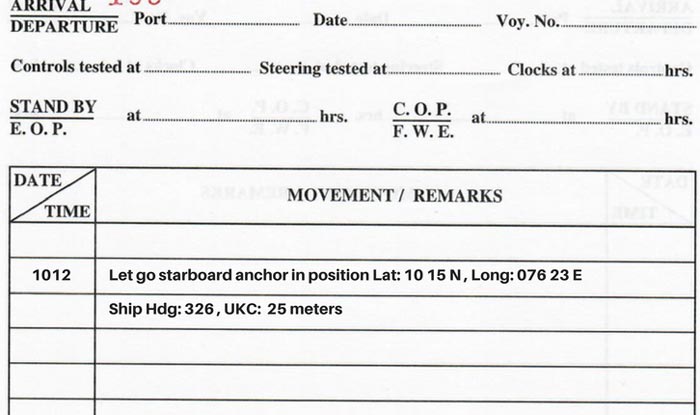
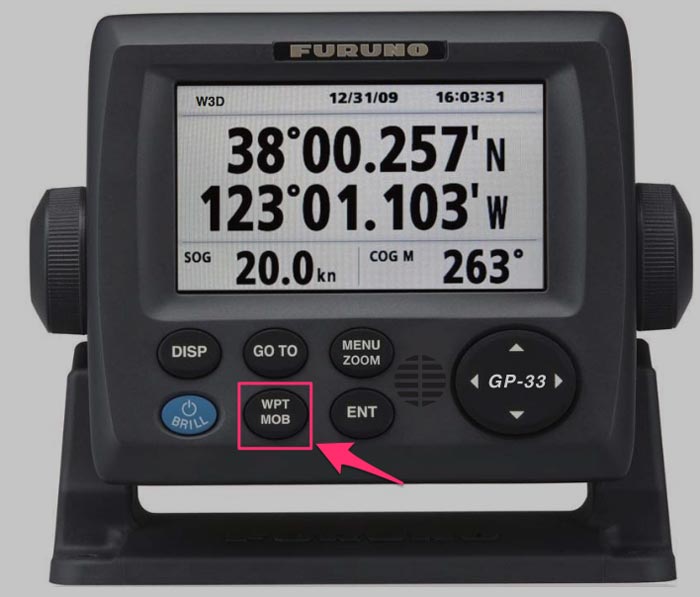
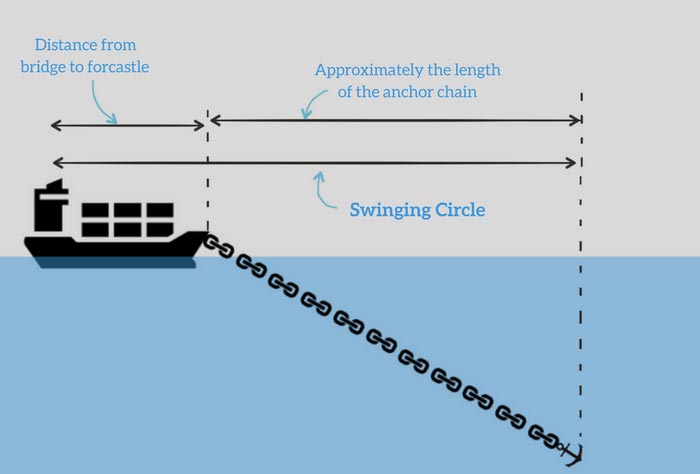
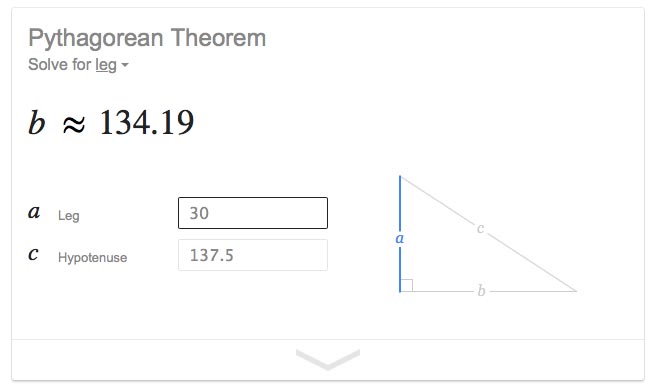
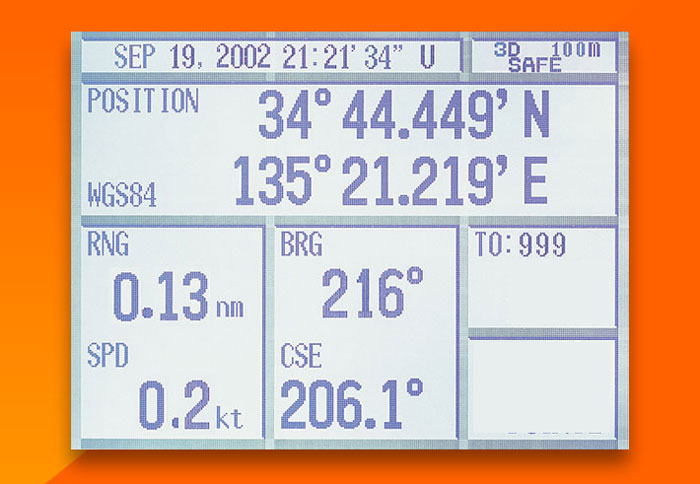
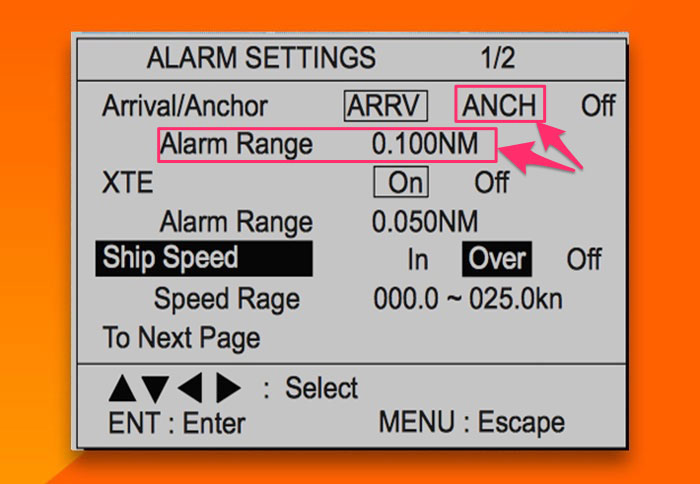
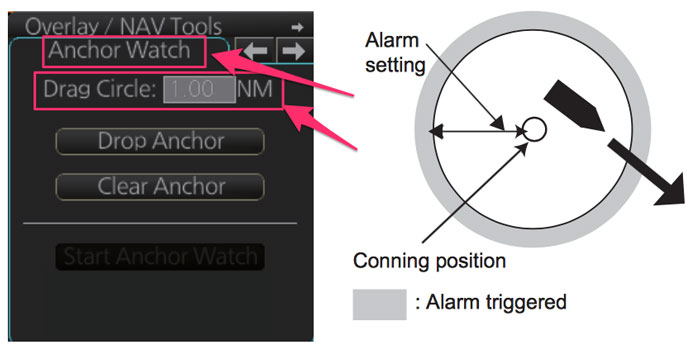
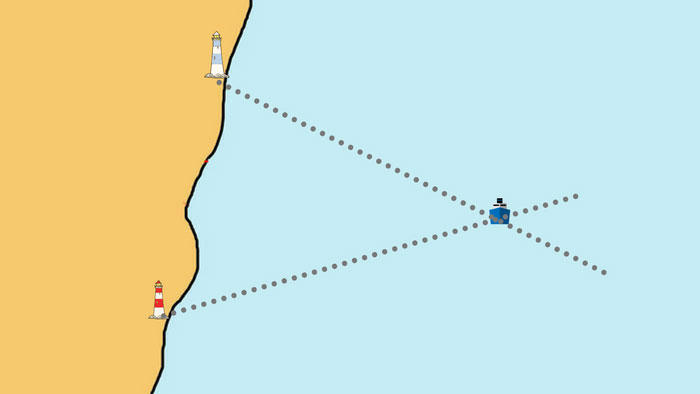
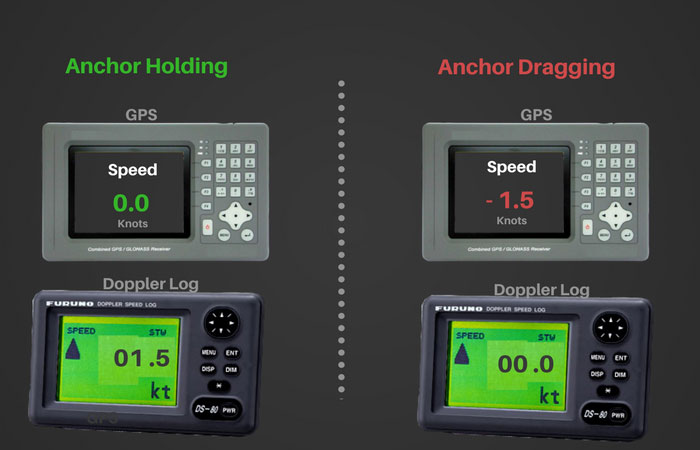
Thank you sir...i love to read your blogs. It gives me lot of energy and knowledge about my profession.
Thank you, Bhanu. I feel a lot will change in shipping if we all share what we know. I am just trying my bit.
Thank u very much sir... Ur blogs are excellent. U r describing all the complicated topic in very simple manner... Excellent skill for teaching... Keep moving sir...
1
1
1
1
1
1
1
1
1
1
1
1
1
1
1
1
1
1
1
1
1
1
1
1
-1 OR 2+755-755-1=0+0+0+1 --
-1 OR 2+755-755-1=0+0+0+1
-1\' OR 2+497-497-1=0+0+0+1 --
-1\' OR 2+524-524-1=0+0+0+1 or \'swtYH2zG\'=\'
-1\" OR 2+387-387-1=0+0+0+1 --
if(now()=sysdate(),sleep(15),0)
0\'XOR(if(now()=sysdate(),sleep(15),0))XOR\'Z
0\"XOR(if(now()=sysdate(),sleep(15),0))XOR\"Z
(select(0)from(select(sleep(15)))v)/*\'+(select(0)from(select(sleep(15)))v)+\'\"+(select(0)from(select(sleep(15)))v)+\"*/
-1; waitfor delay \'0:0:15\' --
-1); waitfor delay \'0:0:15\' --
1 waitfor delay \'0:0:15\' --
BDfPWW59\'; waitfor delay \'0:0:15\' --
-5 OR 67=(SELECT 67 FROM PG_SLEEP(15))--
-5) OR 855=(SELECT 855 FROM PG_SLEEP(15))--
-1)) OR 219=(SELECT 219 FROM PG_SLEEP(15))--
Zdb94aU4\' OR 331=(SELECT 331 FROM PG_SLEEP(15))--
j4H31MF0\') OR 201=(SELECT 201 FROM PG_SLEEP(15))--
0HyUbBnu\')) OR 498=(SELECT 498 FROM PG_SLEEP(15))--
1*DBMS_PIPE.RECEIVE_MESSAGE(CHR(99)||CHR(99)||CHR(99),15)
1\'||DBMS_PIPE.RECEIVE_MESSAGE(CHR(98)||CHR(98)||CHR(98),15)||\'
1\'\"
1\0
@@W1oMT
1
1
1
1
1
1
1
1
1
1
1
1
1
1
1
1
1
1
1
1
1
1
1
1
1
1
1
1
1
1
1
1
1
1
1
1
1
1
1
1
1
1
1
1
1
1
1
1
1
1
1
1
1
1
1
1
1
1
1
1
1
1
1
1
1
1
1
1
1
1
1
1
1
1
1
1
1
1